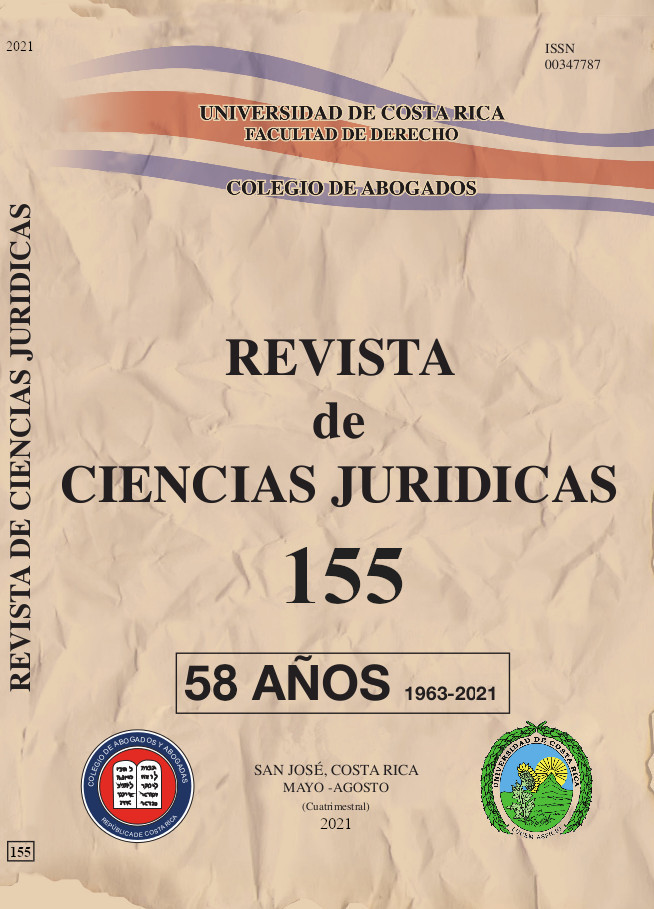Abstract
In the chronological segment of Mexican constitutionalism, there is a natural recognition of rights, that is, the State’s affirmation of prerogatives that existed prior to the State order. Nevertheless, such course was curtailed during 94 years in Mexican history, since the abrogation of the Constitution of 1857 by the one of 1917, as the power to grant guarantees, as a state’s function, was executed through its authorities and institutions. Finally, in 2011, the Political Constitution of the United Mexican States (PCUMS), with the reform dated June 10th, resumes the anthropocentric scenario from which it had estranged since 1917. This makes the recognition of human rights constitutional, by permeating them with direct efficacy, the protection standards of which are extended to the international corpus iuris and ius naturalism –with all the implications generated by this epistemic turn. This scenario has allowed paramount rulings by the Nation’s Supreme Court in the matter of human rights.

